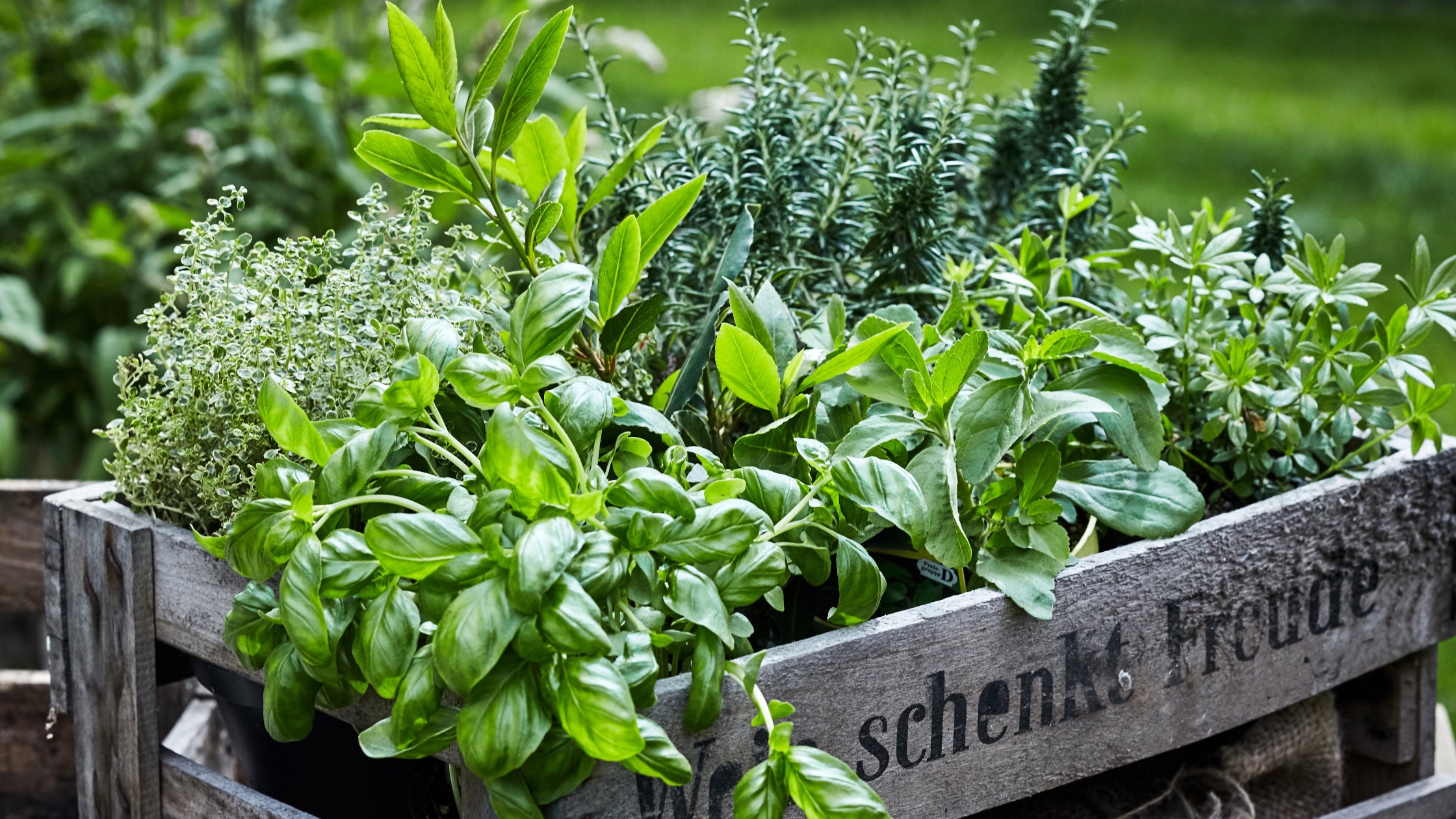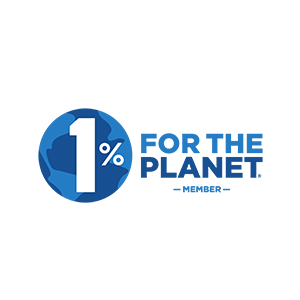
5 Herbs for Mental Clarity + Focus
WRITTEN BY MICHAEL EKE AND DR. SWATHI
There are several herbal therapies that have been used for centuries for their capacity to manage stress, support concentration, and instill higher motivation. These herbs that improve mental clarity are referred to as nootropics and adaptogens in contemporary science. These two groups share traits and have additional advantageous outcomes that strengthen cognitive function and help the body resist stressors.
Ashwagandha
An evergreen shrub called ashwagandha can be found naturally in Africa, the Middle East, and India. It has been used for thousands of years in Ayurvedic medicine because of its capacity to assist the body under stress. Called an adaptogen, it helps the body build resilience against external and internal stressors. Its action on the alarm, resistance, and exhaustion phases of the stress response accounts for its high efficacy. Ashwagandha helps the body break down and recycle stress hormones to remove them from the body, downregulating the stress response and preserving optimal physiological performance. This increases your ability to handle stress.
Cannabidiol (CBD)
CBD may promote relaxation–without the intoxicating effects that are more likely with THC consumption. It has been suggested that this cannabinoid's soothing properties may influence cognitive health and overall stress. When stress is ongoing (sometimes considered chronic stress), it could eventually cause a wide range of health problems, from heart issues to digestive problems. According to studies, CBD has neuroprotective properties that could be beneficial for people who would like to optimize their memory and focus.
Turmeric
Since ancient times, South Asia has known turmeric as a fragrant medical plant. Although the majority of westerners believe that turmeric belongs in the kitchen spice cabinet, in Ayurveda, the plant is largely used for its healing properties like curcumin, particularly for promoting a healthy inflammatory response. Studies show that it could also be beneficial for "brain fog." You often don't feel like yourself and can't think clearly when you have brain fog. According to research, turmeric may enhance brain health and reduce mental tiredness. To learn more about curcumin, check out this article.
Rosemary
Although rosemary is native to the Mediterranean, it can withstand cold weather and thrives in sunny areas with well-drained soil in the UK. Rosmarinus, a Latin term that means "dew of the sea." In the past, the common herb was utilized in ceremonial rituals as both an incense and a spice. In addition to being one of our favorite culinary herbs, rosemary has long been referred to as "the herb of remembrance." Because aroma and memory are so strongly related, historically people wore rosemary while studying and again when taking exams. Because it's easier to stay calm and make decisions when you're relaxed, it's also a moderate parasympathomimetic, which means it helps your body control your nervous system and keep you in "rest and digest" mode rather than "fight or flight" mode when you're sleeping. This is beneficial for those who experience memory loss and perhaps some anxiety.
Gotu Kola
The brain and body benefit greatly from gotu kola, which also offers relief from the numerous stresses of daily life. Saponoids are the active components of gotu kola. A perennial plant called gotu kola is indigenous to South Africa and Asia. It has neither a taste nor a scent and belongs to the parsley family. It prospers near and in water. It has tiny green leaves in the shape of a fan, white or light purple to pink flowers, and tiny oval fruits. The gotu kola plant's leaves and stems are used in medicine. As an adaptogen, gotu kola encourages the brain and neurological system's healthy stress response. As a part of Ayurvedic medicine, it is denoted as a nootropic for the brain that refreshes and replenishes the mind.
Conclusion
Leading a healthy lifestyle that includes nourishing food, lots of sleep, and stress-reduction strategies is the best approach to make sure that you stay energized and focused. Additionally, some herbal medicines, like ashwagandha, CBD, gotu kola, turmeric, and rosemary, may be able to improve your energy and cognitive performance.
References
CBD in the brain: The neurological effects of CBD oil. Ministry of Hemp. https://ministryofhemp.com/blog/cbd-in-the-brain/. Published May 11, 2019. Accessed March 25, 2022.
Ashton L. How does CBD affect the brain? Impact of cannabidiol on brain function. CFAH. https://cfah.org/cbd-effects-on-brain/. Published March 2, 2022. Accessed March 25, 2022.
Ven Murthy MR, Ranjekar PK, Ramassamy C, Deshpande M. Scientific basis for the use of Indian ayurvedic medicinal plants in the treatment of neurodegenerative disorders: ashwagandha. Cent Nerv Syst Agents Med Chem. 2010;10(3):238-246. doi:10.2174/1871524911006030238
–
This article was edited by Dr. Swathi and was written by Element Apothec Scientific Communications Intern, Michael Eke. He is a Doctor of Pharmacy (PharmD) candidate at Texas Southern University in Houston, Texas.











